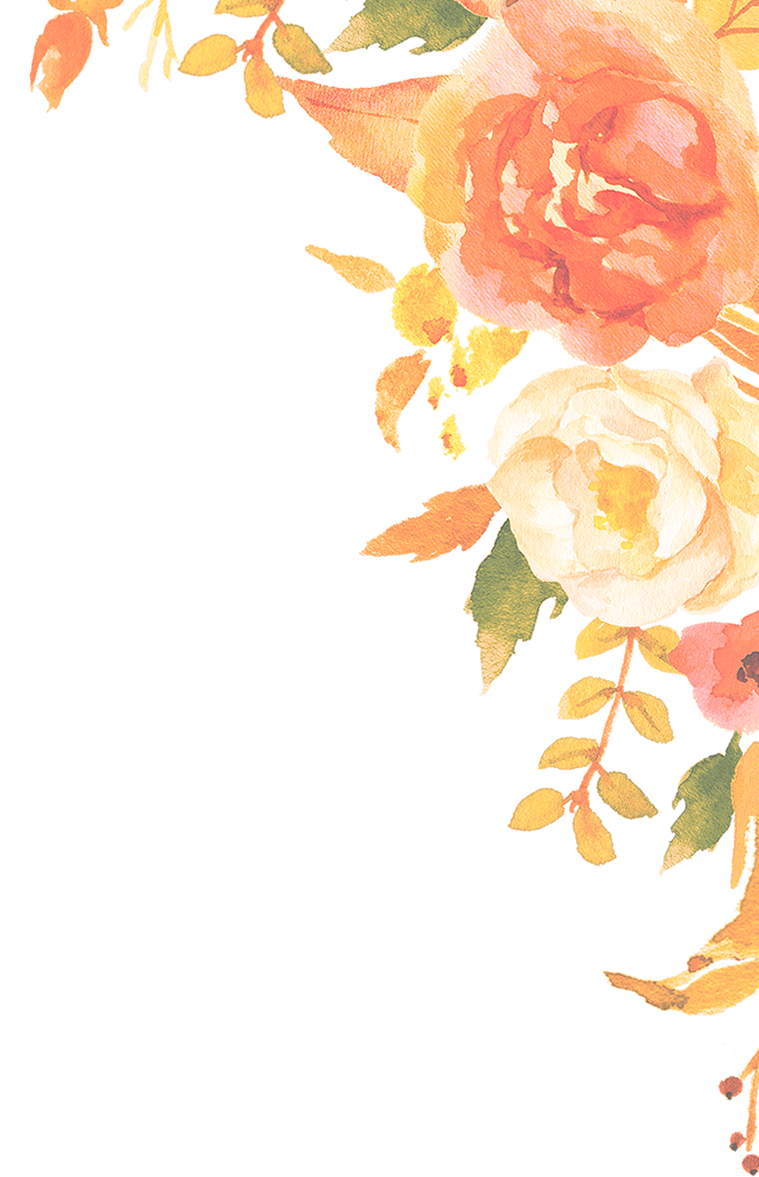



Excellent strategies for coping mechanisms to heal deal with anxiety and stress and be a better person. It really helped that Natalie had personally experienced different things, so you were not just ‘lectured’.
-PAST CLIENT
Some call it the Black Dog. Paul Foley writes that ‘Black Dog’ is a hopeful term in the experience of depression: it externalises the dark feelings as a companion, and thus not necessarily as a part of one’s underlying personality. The Black Dog, he writes, could be seen as a bad friend who makes our life miserable, and thus needs to be left behind.1 I used to experience depression as a dark cloud, which would engulf me as I woke up or even before, in my dreams. Like the Black Dog, it would hang tight. Some days I knew it was close to impossible to shake it off. Another metaphor that I often thought of was the long, black tunnel; probably thanks to the kind people who suggested that there is light at the end of it. Of course what happens if this black cloud or dog hangs around frequently and for long stretches is that one starts to identify with it: me, the depressed person, the sad one. How do you get out of the long black tunnel?
I’m not going to make any promises to you. But I will tell you how I did it. I will also share stories – personal stories from everyday people. My aim is to tell you about the tools of positive psychology, the research that lies behind this science and how you can apply it to your own life. Some of the exercises you might have already tried. But I ask you to please put that aside, and try again. What have you got to lose? Your identity of being the sad one, which may have translated by now into the one who needs help and comfort, the deep thinker, the sensitive one? This may actually be your hardest challenge. To let that identity go, and find the cheerful, funny, interested and amazed one. None of that happens overnight. But don’t worry, I plan to write one blog per week for a year, and I will keep encouraging you. Wherever you are, however messy, or not, your life is right now, however close you are teetering on the abyss, I invite you to come with me.
If you are a ‘regular’ human being, bumbling along on this road called life, chances are that you will have some problems, or one big problem, which you tend to blame for obstructing your experience of happiness. Does this ring a bell? If it does, please take a moment to reflect and then clearly name what is keeping you from being happy and content. Ideally, write it down, and then put it in a safe place (in case you wrote my miserable husband/wife). Now take another moment to reflect and assess how much of your available free time you allocate to thinking about items on this list. 80%? (That’s not too bad I would say). Maybe 98%?
Let me introduce you to the gorilla on the basketball court, as illustrated by Ed Diener, an eminent authority in positive psychology, and his son Robert Biswas-Diener. Researcher Dan Simons devised the Gorillas in our midst study, in which psychology undergraduates were instructed to count how many times the team in white shirts passed the ball during a video basketball game. Note there were only three players on each team. As the game progressed and the players darted, passed, bounced and tossed the ball, the research participants had to count very fast to keep up with the passes. At the end, Simons asked them whether they had noticed anything unusual. Umm, no, many answered. Yet when he played the same game back to them, there was someone dressed as a gorilla, walking right into the game, turning to the camera pounding his chest, then walking off! No way, some students argued, Simons had switched the video. But he hadn’t. When Simons repeated the experiment with a woman walking around with an open umbrella, the result was the same: only about half of the participants noticed her.2
The study illustrates the power of attention. Diener and Biswas-Diener point out that we cannot pay attention to everything; there is too much to notice. What we do, and have always been doing, is select what we will pay attention to. And when situations become complex or demanding, we tend to respond to this by narrowing our focus to what matters most.3 Unfortunately, what often matters most to us is the bad stuff. Baumeister and his colleagues assembled evidence showing that in terms of psychological phenomena, “bad emotions, bad parents, and bad feedback have more impact than good ones, and bad information is processed more thoroughly than good.”4 Further, Sonja Lyubomirsky,another highly respected authority in positive psychology, and her colleague measured study participants’ reflections on desserts. Their study established the significant finding that focussing attention on ourselves is likely to make us unhappy, even if we are fairly upbeat personalities. Meanwhile, neutral distraction is likely to improve our mood, even if we are fairly unhappy people.5
So this week I would like you to do the following: Try not to think too much about yourself, and don’t dwell on your problem(s). Whenever you catch yourself, think purposely about something else, or simply pay attention to something neutral, or better still, positive, in your environment. Maybe your miserable husband/wife actually said or did something nice? Maybe you can hear a bird singing? Please do keep paying attention to your work, your driving, your childminding, or whatever needs your full attention. But when there is available time to think, look into the world and try to find something interesting, good, or just simply there.
My beautiful late former mother in law, Catherine Barker, used to say that the vacuum cleaner was her best friend. Patiently, it would wait in the corner for her, day after day. So will your problems. If some of them should have disappeared next week because you have neglected to think about them, maybe you will not mind much.
© Natalie Lydia Barker 2015
Notes
No Comments